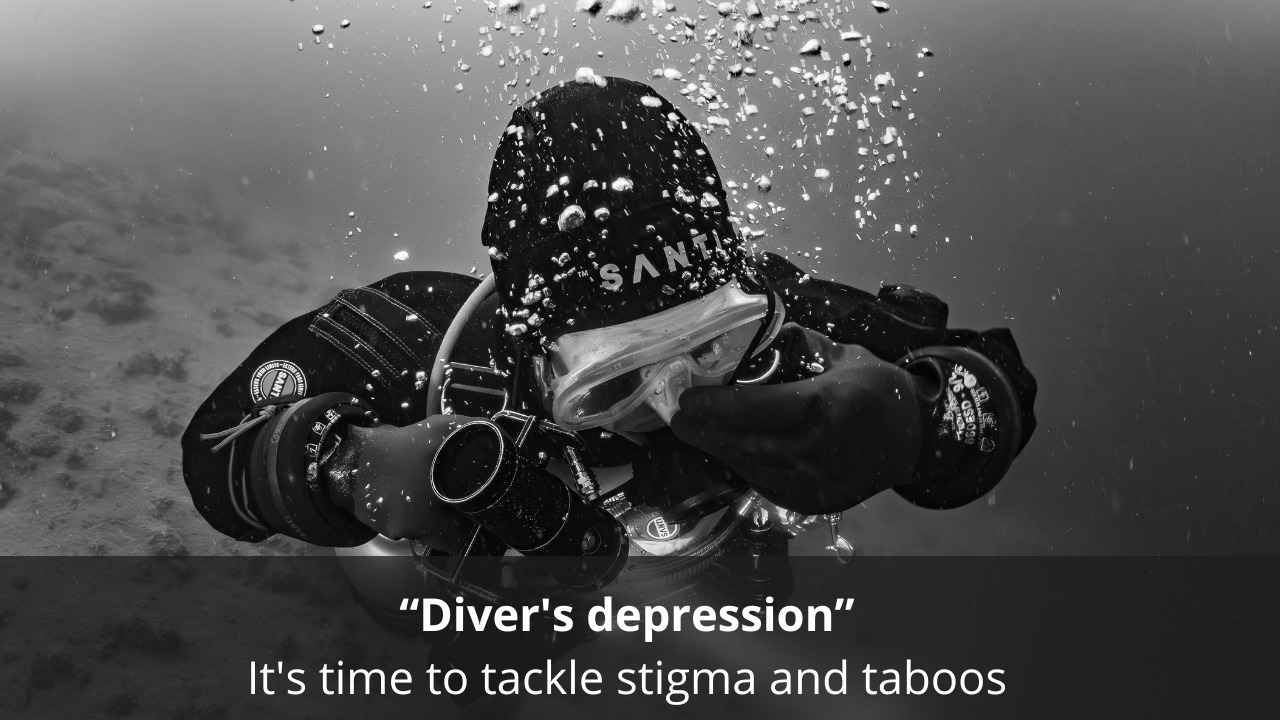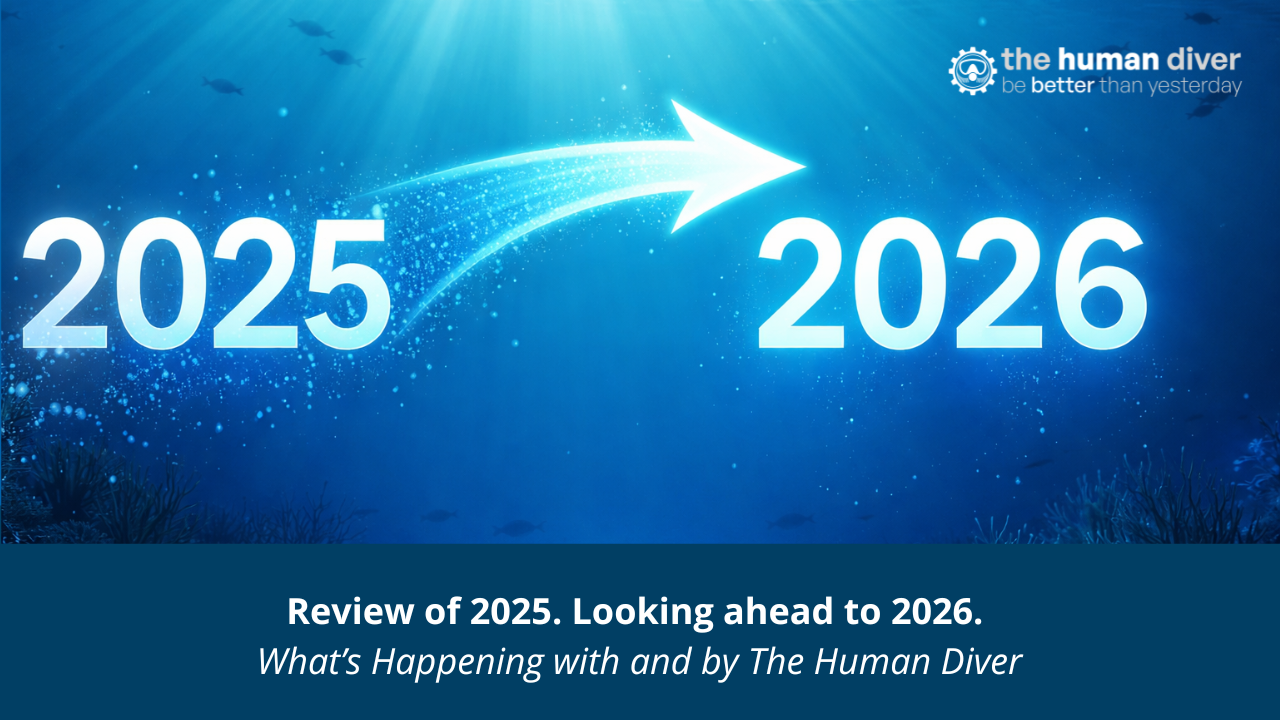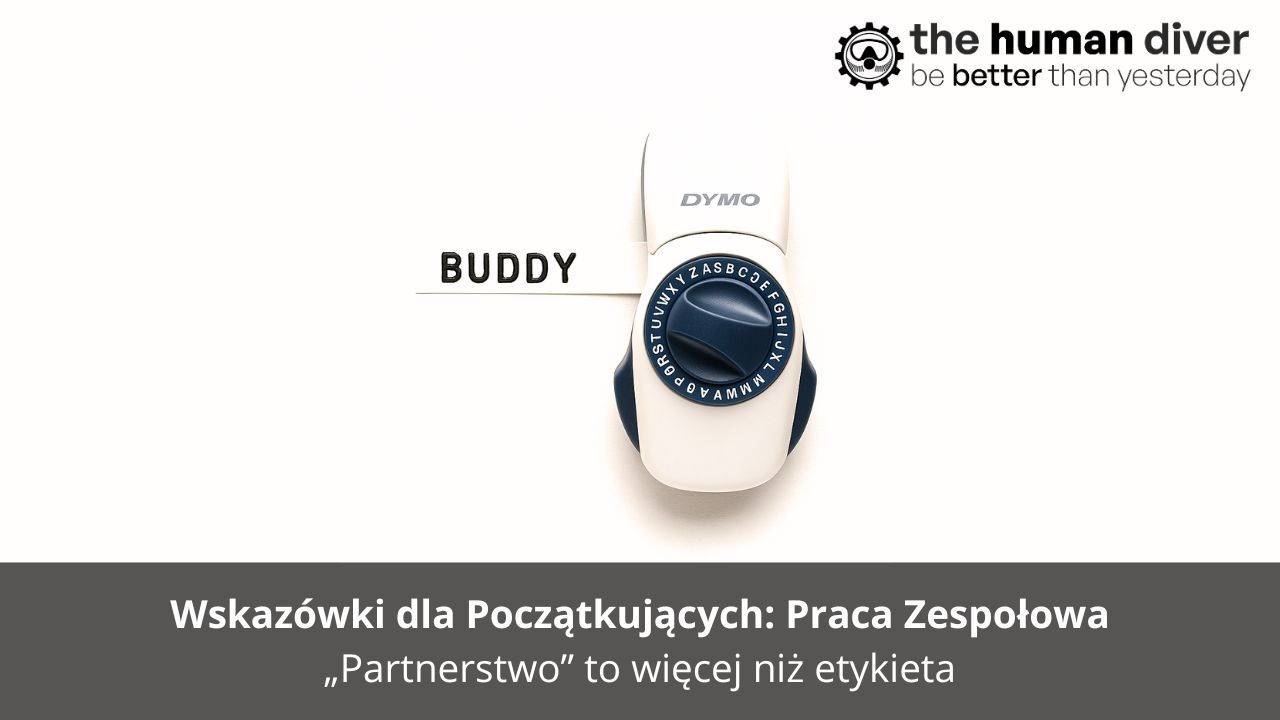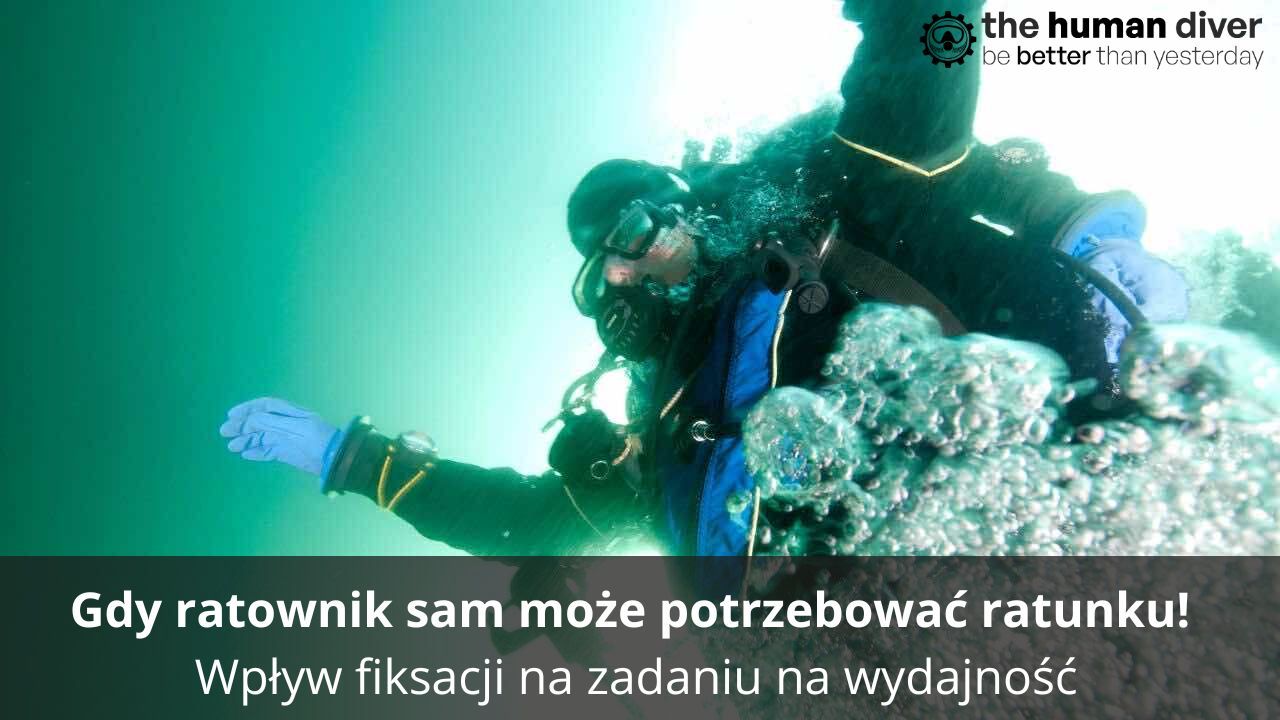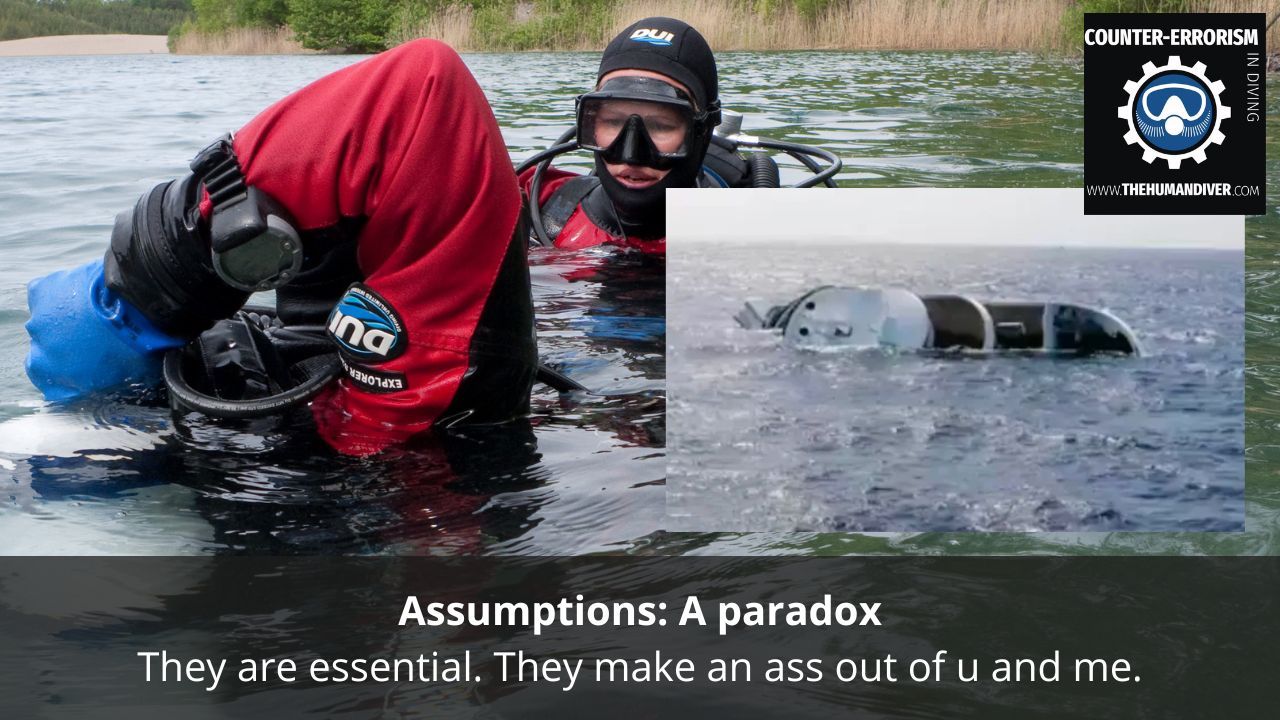
Assumptions: A paradox
May 13, 2023This week I saw the image below posted online. I thought it was humorous because of the contrast between the message displayed on the board and the marking on the ground which showed that this was a cycle lane. I shared it with a cycling group on FB I am part of and the majority of people made critical comments about the placement of the sign. After the post had been up for a couple of days, someone replied and said: “I recognise that sign, it was in Geelong [Australia] and was placed on the road three weeks or so before the World Championships and this was part of the route which the racing would take place.” The idea was that it was there to inform the road users that when they see lots of cyclists on the road, please give them space. It did block part of the cycle lane, but that might be considered acceptable in the short term (an assumption on my part!)

Assumptions are part of normal life. We use them to reduce the amount of mental energy we use to make sense of the world around us. We collect data through our senses, and we match that data against previous experiences so we have an idea of what might happen next, and then act accordingly. In many cases, assumptions are essential to allow us to operate at the pace we do. We couldn’t stop and validate everything we see, hear, feel, smell, or taste, because it would take us so long to do so. However, there are times we do need to check things.
The obvious ones in diving would be the following because they help sustain life when we enter the water.
- to analyse the gases we breathe because we can’t taste or smell the difference between different gas mixtures and they might be hypoxic or hyperoxic for the depths we are diving.
- to check gas pressures and the valves are open as part of a pre-dive check where the second stages are breathed and the SPG observed to make sure the pressure doesn’t drop.
- to check that the pO2 in a CCR breathing loop can sustain life before we start breathing it.
- the buoyancy devices (drysuit and BCD/wing) are connected, and gas can be injected.
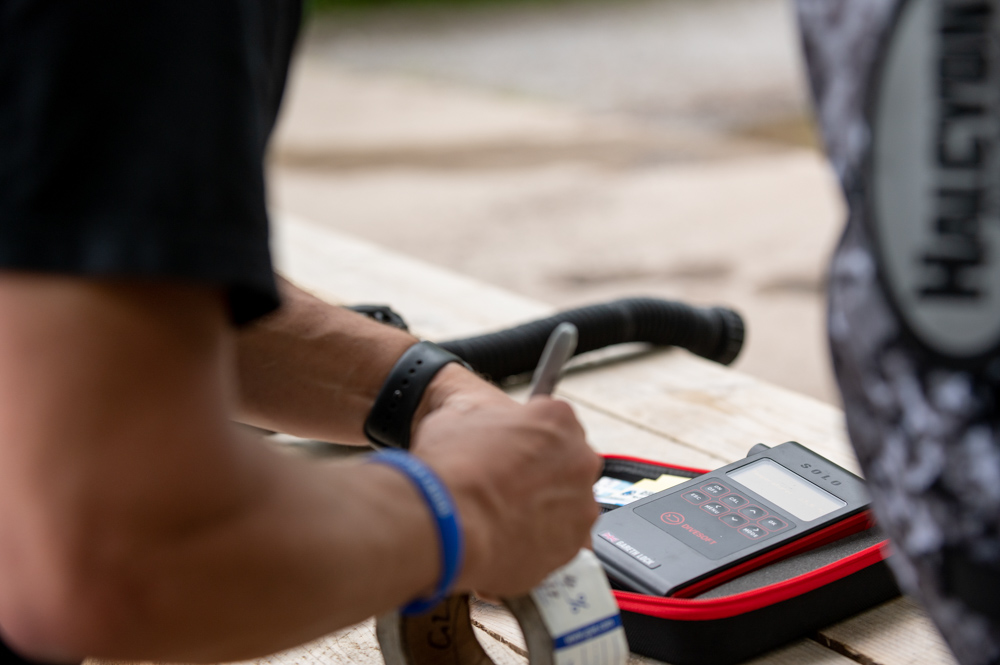
There are other assumptions we make, but don’t necessarily validate because they require effort, and might not be socially acceptable.
- how competent our new buddies are when we are on a dive trip, and we use their certification card as a proxy for checking.
- how good our equipment is, so we buy a well-known brand or from a reputable dive shop or instructor who makes a recommendation (not realising they might be getting a big cut on the sale price).
- how good an instructor is because they have a good social media following, but this isn’t necessarily the case, but they are a ‘name’ and influential in the community.
Moving to something that has been in the diving social media, the loss of the Carlton Queen liveaboard in Egypt. Fortunately, no one died, but a number of the clients were stuck below deck as the water was rising and one of them very nearly didn’t make it out. There has been a fair amount of diving media coverage, some of it sensationalized, and some of it retributive in nature because a full understanding of the wider 'system' is not known (and likely won't be for some time).

The assumptions we make when we board a liveaboard dive boat include:
- how the crew look and what this means about their competence and their knowledge.
- the state of the equipment and furnishings which give an impression of ‘fit for purpose’ and how much the company has invested in the vessel - looks good, must be good.
- the presence of safety equipment and the validity of safety checks give us an idea about what the crew will (might) do if something goes wrong.
There were many individual and systemic failures that led to the loss of this boat, some surrounding the crew, some surrounding the social and cultural environment, and some surrounding the legislature and regulations in Egypt concerning maritime safety. Having spoken to four of the survivors, there were many things done wrong following the event too, in terms of how the divers were treated. Some of them are struggling with serious psychological trauma, something that is rarely considered in the diving domain when something goes wrong.
Fundamentally, we cannot check everything (although there is nothing to stop you from asking to see safety equipment or raising concerns at the time), so we use proxies (assumptions) where we substitute an ‘easy’ assessment of the situation for a more ‘difficult’ question or assessment. These assumptions and mental shortcuts are part of normal human behaviour. This framework from Buster Benson shows how we simplify the world we live in, taking the hundred-plus cognitive biases that have been recognised and simplifying them - itself a subject of this simplifying process!

Even though this is normal human behaviour, we can shift this behaviour, from ‘System 1’ to ‘System 2’ once we realise that those assumptions take place and where we need to critically appraise the situation and validate those assumptions. Unfortunately, it normally takes a ‘safe scary moment’ to realise that the assumptions we’ve made in the past need to be checked. Those who have had a near-miss like
- being on a vessel where safety equipment was needed and it wasn't serviceable or effective,
- have had DCS or their buddy/team member has had DCS,
- have had to rescue someone,
- been entangled in fishing line/netting and needed to cut yourself free, or
- encountering any of the other hazards we face while diving,
means they will have a different perspective on risks and hazards. They see things that others don’t because they know the consequences of not validating an assumption. This doesn’t mean they are paranoid it just means they have a different perspective concerning uncertainty (risk) and they want to increase the certainty surrounding the situation, so that when (not if) the proverbial hits the fan, they are better prepared. The problem is that unless there is a significant emotional significance to the event, it is not likely to ‘stick’ with you and over time, it will be dismissed.
This is why the telling of context-rich stories with a learning perspective is so important. The environment must support that telling i.e., psychological safety and a Just Culture. The criminalisation of human error does not help to learn. While punishment can meet a societal need or expectation for retribution, punishing people rarely change behaviours if the surrounding social, cultural, economic, regulatory, and legislative environments don’t change. The approach needs to be restorative in nature, not retributive.
Summary
Assumptions are normal. When they are made and we have a good outcome, we don’t think about them (unless you are self-aware of this topic), but when we have a bad outcome, we notice all the assumptions that were made that were flawed. This is the paradox, we think that assumptions are bad, hence the phrase ‘assumptions make an ass out of u and me’ but they are also essential for modern life. The skill is knowing which assumptions you can afford to make and getting away with it because ‘it is good enough’ and those which must be validated because there is no way of undoing the actions once the situation starts to develop. If you don’t have an ‘undo’ button, validate it.
A final point on assumptions and the second-guessing that can happen following an adverse event, where you engage counterfactuals (should have, could have, would have…) about what you could have done differently to prevent this. Ask yourself the question, "if you were in a similar situation and you DIDN’T have the adverse outcome, would you have done anything differently in that case?" If not, then how would you have known to do something differently at the time when you did have an adverse event? With hindsight, we can join the dots, in real time, we use assumptions to make an educated guess about what might happen in the future. This is why debriefs and the sharing of stories are essential – they can help develop foresight from others' experiences without us having to go through the trauma and anguish ourselves.
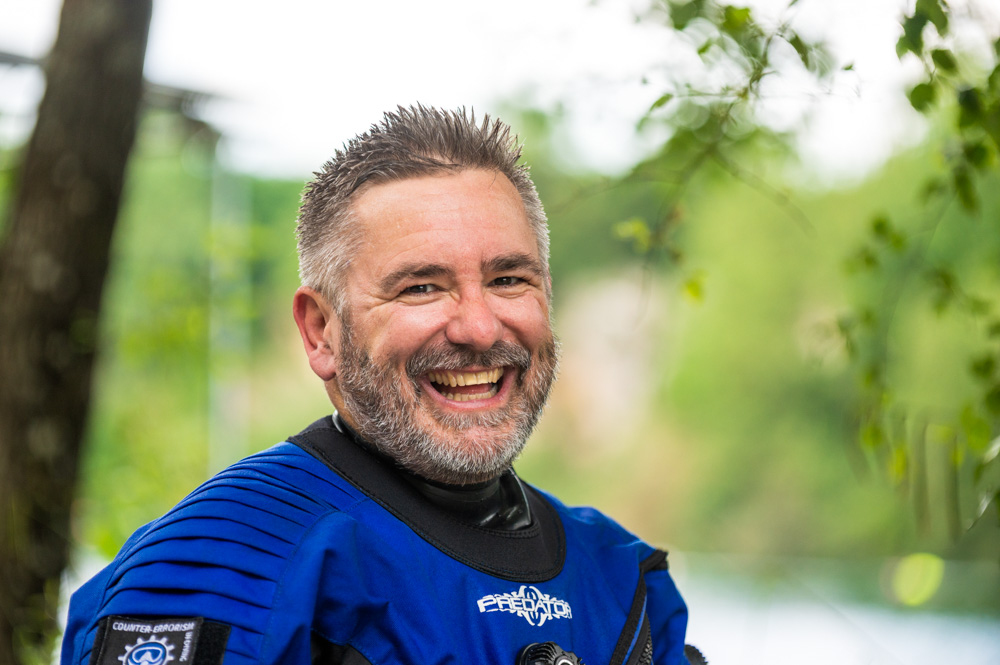
Gareth Lock is the owner of The Human Diver, a niche company focused on educating and developing divers, instructors and related teams to be high-performing. If you'd like to deepen your diving experience, consider taking the online introduction course which will change your attitude towards diving because safety is your perception, visit the website.
Want to learn more about this article or have questions? Contact us.

